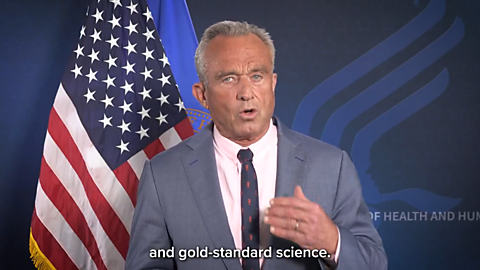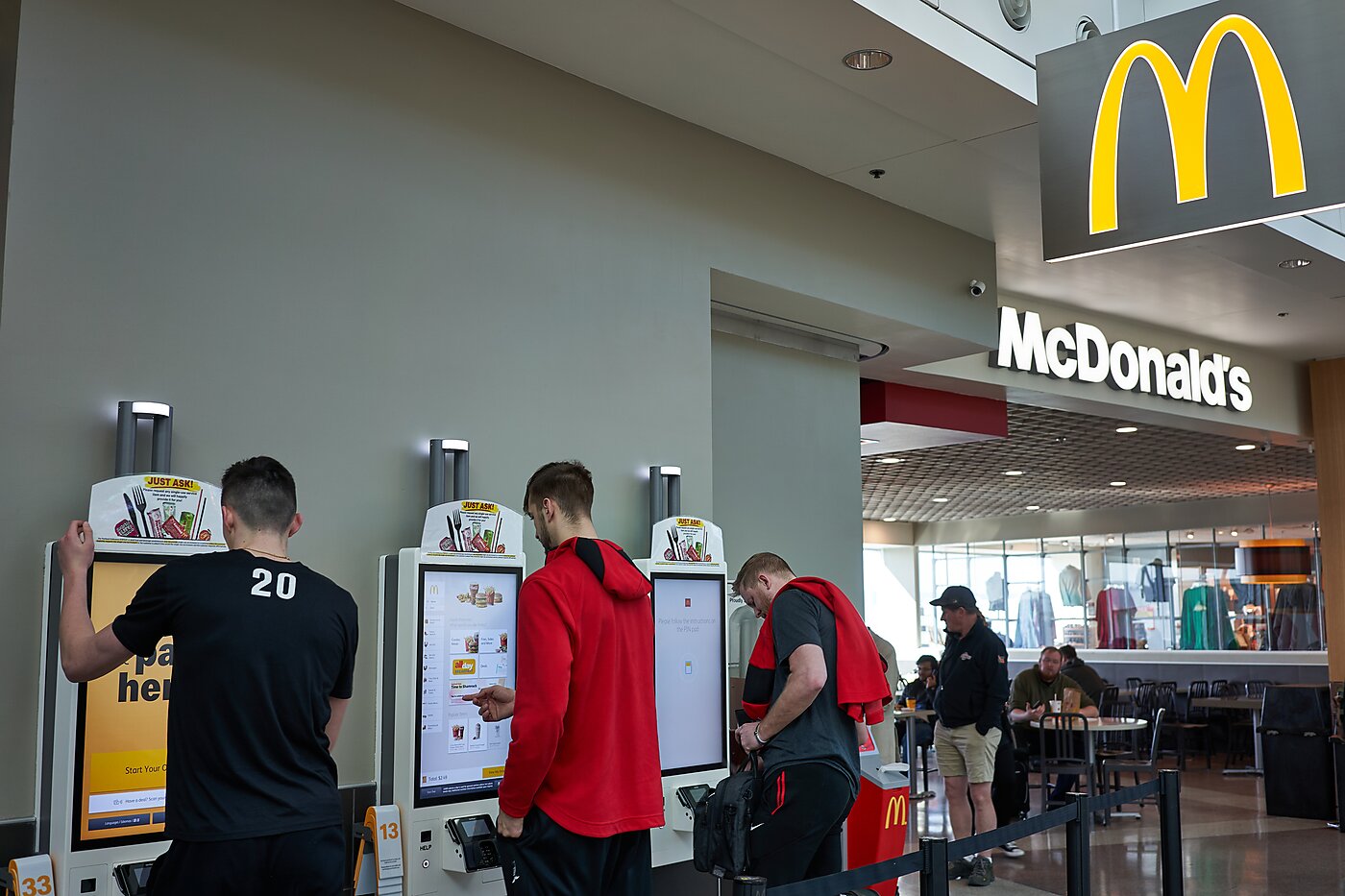Jeffrey Miron and Jacob Winter
States and cities throughout the US continue to raise their minimum wages, and some members of Congress are pushing for a federal increase. There have long been debates, however, about whether these policies cause unemployment.
A recent study sheds new light on this question by examining
whether minimum wage increases in the United States expanded companies’ innovation in automation technology.
The authors found
that a larger percentage increase in a state’s minimum wage led to a larger increase in the number of automation patent applications by firms headquartered in that state.
Additionally,
[a]fter minimum wage hikes, a 10 percent increase in automation patents was associated with a 1.6 percentage point decline in the share of employment held by workers without any college education who performed routine tasks … and a 1.2 percentage point decline in the share of wages paid to these workers.
The authors conclude by suggesting
that minimum wage increases make lower-skilled jobs more vulnerable to automation—harming the very workers legislators intended to help.
More broadly, minimum wage hikes generate a range of counterproductive effects; good intentions are not enough.














